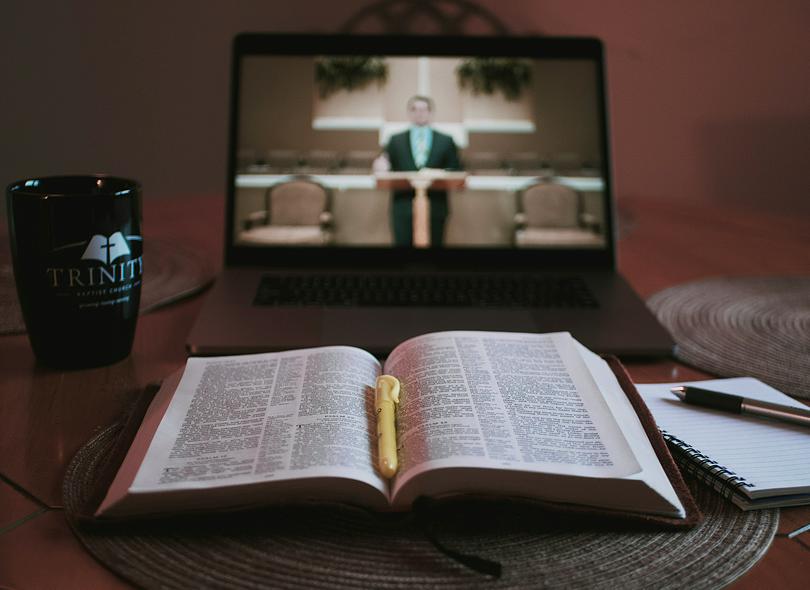The National Religious Affairs Administration (NRAA) has issued the "Code of Conduct for Religious Clerical Personnel in Cyberspace" (hereinafter referred to as the "Code").
The Code, consisting of 18 articles, stipulates that religious clerical personnel may carry out preaching or religious education and training online only through legally established websites, applications, or forums operated by religious groups, institutions, or places of worship (such as temples, monasteries, churches, and mosques) that have obtained a "License for Internet Religious Information Service."
It strictly prohibits religious personnel from engaging in self-hype online, supporting or participating in overseas religious infiltration activities, spreading religious extremist ideas, advocating heresies, cults, or heterodox teachings (such as "Buddhism-attached heresies"), or amassing wealth in the name of religion. Furthermore, they are banned from preaching to minors online or distributing internal Christian publications to them.
Article 4 of the Code states that religious personnel registering or using public online accounts for information dissemination or instant messaging must submit their clerical credentials to the Internet service provider for verification.
Article 5 specifies that online preaching or religious education and training may only be conducted through self-built websites, applications, or forums legally established by religious groups, institutions, or places of worship that hold a valid "License for Internet Religious Information Service."
Article 13 further prohibits clerical personnel from engaging in missionary activities through live streaming, short videos, online meetings, WeChat groups, or WeChat Moments. They are also barred from organizing or participating in online religious activities such as Buddhist ceremonies, worship services, or Mass, as well as performing rituals including incense burning, offerings, scripture recitation, ordination, or baptism. Additionally, they are forbidden from providing online learning or training programs with religious content, such as "Zen retreats," "spiritual purification," or "faith healing."
Article 8 stipulates that clerical personnel must not collude with foreign forces via the Internet or support or participate in foreign religious infiltration activities.
Article 10 stipulates that clerical personnel may not use the Internet to indoctrinate minors with religious ideas, induce them to adopt religious beliefs, or organize their participation in religious education and training, including summer or winter camps. They are also prohibited from organizing or coercing minors into taking part in religious activities.
Article 14 prohibits religious personnel from exploiting religion for financial gain through online platforms. They are barred from soliciting donations under the pretext of building places of worship or organizing religious activities, as well as from engaging in profit-driven ventures such as product marketing, livestream sales, receiving virtual gifts, or participating in commercial performances and entertainment.
Article 15 bans the distribution of internal religious publications and illegal materials via online channels. It also requires clerical personnel to use generative artificial intelligence products and services in a lawful and appropriate manner.
Article 17 provides that if registered users of online religious information platforms violate the Code, the religious affairs department, together with the cyberspace administration and public security authorities, may order platform providers to take measures in accordance with laws and agreements. Such actions may include issuing warnings, requiring rectification, restricting functions, or suspending or closing accounts.
The Code further emphasizes that religious personnel from Hong Kong, Macao, and Taiwan, as well as foreign religious personnel, must also comply with these regulations when engaging in online activities within China.












